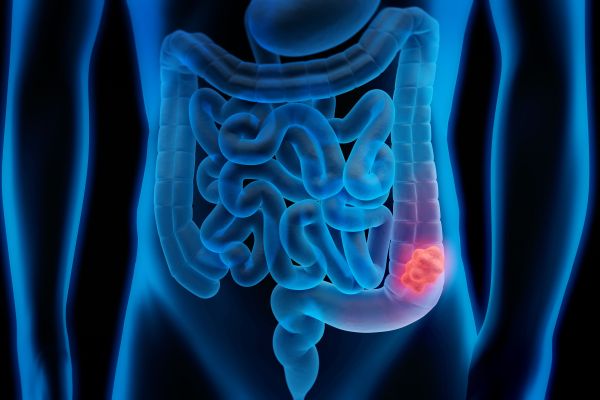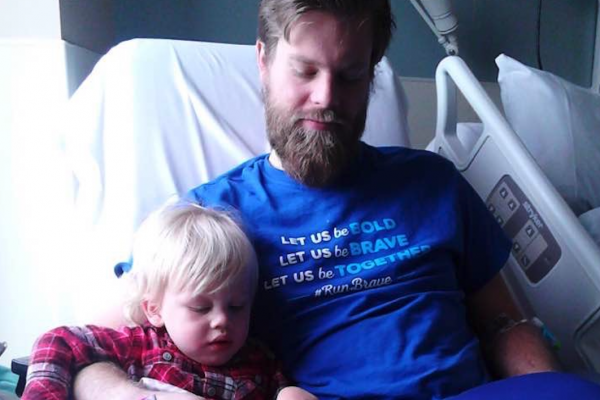More than 50,000 people die of colorectal cancer each year — but the death rate is on a steady decline, and the American Cancer Society projects that the 2020 death rate will be 50% lower than the 2000 rate. That forecast is based on the assumption that more people will take advantage of colon cancer screening, fewer people will smoke, people will eat healthier, and more effective treatments will be introduced.
But myths may keep some people from taking steps to protect themselves against the disease. Here are the facts:
Myth 1: Colon cancer is a white man's disease.
Colorectal cancer affects men and women equally, and it affects all races. However, of all ethnic groups in the U.S., African-Americans have the highest risk of developing and dying of the disease.
The number-one risk factor is age: More than nine out of 10 people diagnosed with colorectal cancer are older than 50. However, in recent years there has been a significant rise in the number of younger adults with colorectal cancer. As a result, the American Cancer Society has changed their screening guidelines and now recommends that screening begin at age 45.
Myth 2: If I don’t have symptoms, I don't have colon cancer.
More than half of all people diagnosed with colorectal cancer have no symptoms. Changes in stool, rectal bleeding, abdominal pain and unexplained weight loss can all signal colorectal cancer. But once those symptoms begin to develop, the disease may be more advanced.
Myth 3: Colorectal cancer cannot be prevented.
In many cases, colorectal cancer can be prevented. It almost always begins as a small growth called a polyp. If the polyp is found early during a screening colonoscopy, doctors can remove it and stop the cancer before it begins.
It’s important to remember that not all polyps are a sign of cancer. Polyps are benign (non-cancerous) growths, but some have the potential to turn cancerous.
Colorectal Cancer Info Sheet
Learn even more about Colorectal cancer, the symptoms you should be aware of and the importance of screening.
Learn MoreMyth 4: Colonoscopy is unpleasant and uncomfortable.
It's not as bad as you think! You will be sedated during the procedure to eliminate discomfort. The procedure itself takes 15-30 minutes, and you can resume normal activities the next day.
Myth 5: Everyone should get a colonoscopy, because it’s the only way to screen for colorectal cancer.
Colonoscopy screening is recommended beginning at age 45 for men and women who are at normal risk. If you're 45 or older, talk with your doctor about screening. If you are younger but have risk factors such as a family history of colorectal cancer, obesity, smoking, ulcerative colitis or Crohn's disease, ask your doctor when and how often you should be screened.
There are several screening options for colorectal cancer, including flexible sigmoidoscopy and fecal testing, but colonoscopy is considered the gold standard. It detects more polyps and cancers, enables the doctor to see the entire colon, and can be used for screening, diagnosis and removing precancerous polyps in one visit.
Myth 6: If I have colon cancer, it means I'm dying.
The myth that colorectal cancer is a death sentence is due partly to the fact that at the time of diagnosis, 20-25% patients have metastatic disease, which means the cancer has already spread to other parts of the body. But these patients may still be cured with a range of treatment options available at Roswell Park.
The most important thing to remember is that colon cancer has a very high cure rate when it’s caught early. That's why screening is so important!


